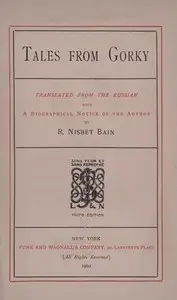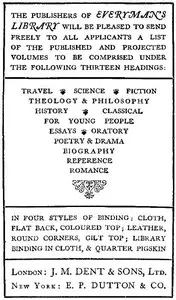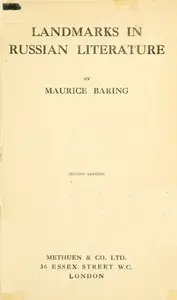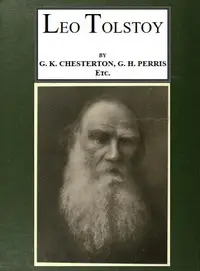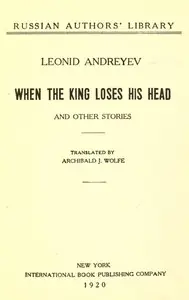"White Nights and Other Stories" by Fyodor Dostoyevsky is a compilation of short stories from the 1800s, that highlights people and their private struggles. The main story, "White Nights", tells the story of a lonely man in St. Petersburg who meets a captivating woman called Nastenka. This set of stories shows how lonely people feel, what they want, and how complicated relationships can be, using Dostoyevsky's deep understanding of people's minds. Early in "White Nights," we see the narrator walking alone in St. Petersburg, talking about how sad he feels because everyone leaves the city for the summer. Then, he finds Nastenka crying by a canal, and they start to connect. The shy narrator makes her feel protected when a drunk man bothers her. They talk and show how much they want to connect and their inside problems, which leads to a strong but difficult relationship filled with hidden feelings and dreams mixed with real life. As the night goes on, the narrator falls more in love with Nastenka, but she is already in love with someone else, making a sad situation that is common in Dostoyevsky's stories.

White Nights and Other Stories The Novels of Fyodor Dostoevsky, Volume X
By Fyodor Dostoyevsky
In a city of dreams, a solitary soul finds fleeting connection with a woman whose heart belongs elsewhere, sparking a poignant tale of love and longing under the pale light of the night.
Summary
About the AuthorFyodor Mikhailovich Dostoevsky, sometimes transliterated as Dostoyevsky, was a Russian novelist, short story writer, essayist and journalist. Numerous literary critics regard him as one of the greatest novelists in all of world literature, as many of his works are considered highly influential masterpieces. Dostoevsky's literary works explore the human condition in the troubled political, social, and spiritual atmospheres of 19th-century Russia, and engage with a variety of philosophical and religious themes. His most acclaimed novels include Crime and Punishment (1866), The Idiot (1869), Demons (1872), The Adolescent (1875), and The Brothers Karamazov (1880). His 1864 novella Notes from Underground is considered to be one of the first works of existentialist literature.
Fyodor Mikhailovich Dostoevsky, sometimes transliterated as Dostoyevsky, was a Russian novelist, short story writer, essayist and journalist. Numerous literary critics regard him as one of the greatest novelists in all of world literature, as many of his works are considered highly influential masterpieces. Dostoevsky's literary works explore the human condition in the troubled political, social, and spiritual atmospheres of 19th-century Russia, and engage with a variety of philosophical and religious themes. His most acclaimed novels include Crime and Punishment (1866), The Idiot (1869), Demons (1872), The Adolescent (1875), and The Brothers Karamazov (1880). His 1864 novella Notes from Underground is considered to be one of the first works of existentialist literature.





